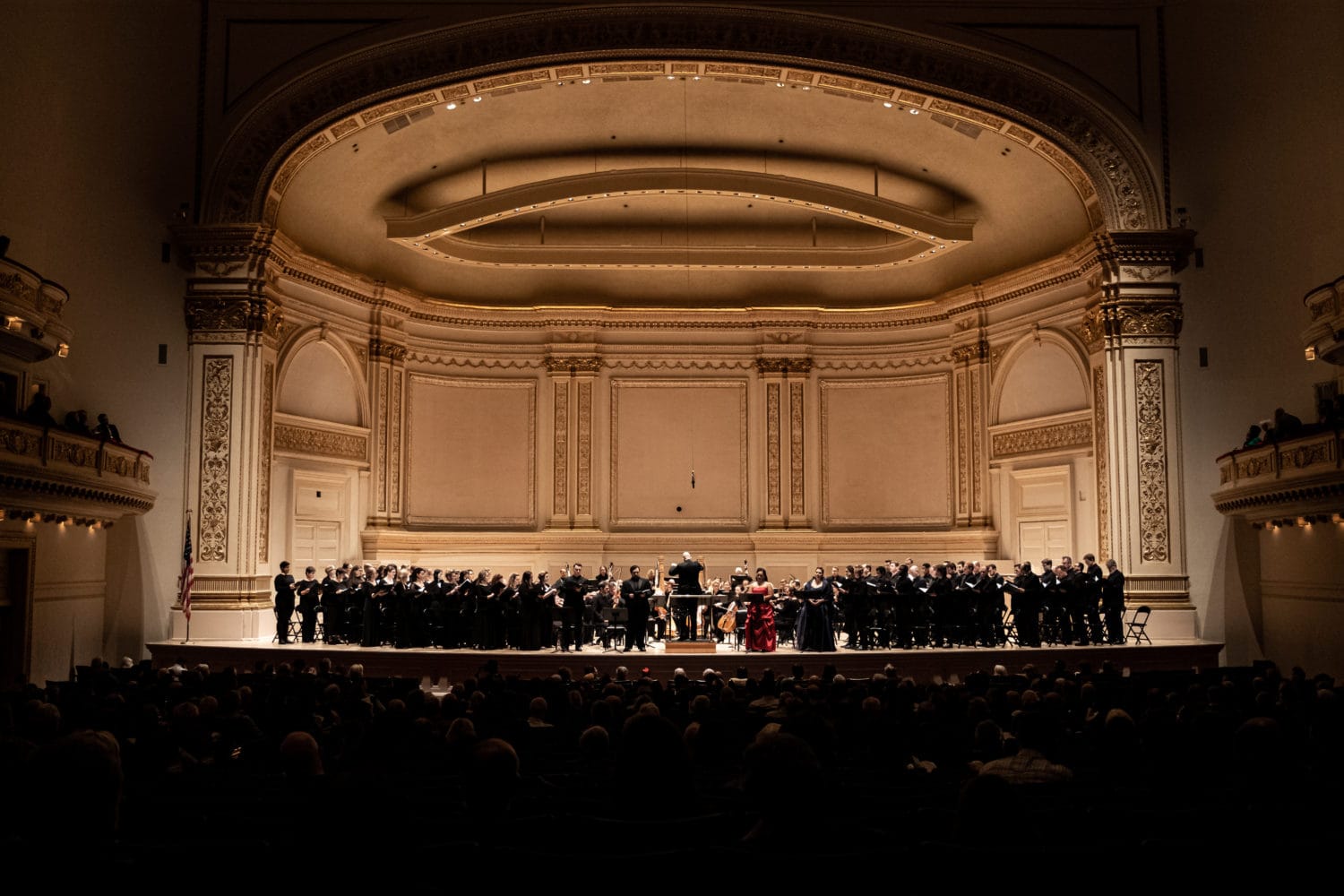The Cantata
By Philip Ross Bullock
Sergei Taneyev
Born November 25, 1856, in Vladimir, Russia
Died June 19, 1915 in Zvenigorod, Russia
At the Reading of a Psalm
Composed in 1915
Premiered on March 11, 1915 in Saint Petersburg, Russia
conducted by Serge Koussevitzky
Performance Time: Approximately 70 minutes
The cantata is not a genre often associated with Russian composers, who are perhaps most famous – at least in the West – for their operas, symphonies, concertos, and tone poems. Who, for instance, knows Tchaikovsky’s graduation piece from the St. Petersburg Conservatory, a setting of Schiller’s Ode to Joy (1865), his Cantata for the Opening of the Polytechnic Exhibition (1872), or his Moscow (1883)? Later on, the cantata became a bombastic vehicle for Soviet propaganda, as in the case of Prokofiev’s Cantata for the Twentieth Anniversary of the October Revolution (1937), Hail to Stalin (1939), and On Guard for Peace (1950), or Shostakovich’s Poem of the Motherland (1947), Song of the Forests (1949), and The Sun Shines over our Motherland (1952). It was, though, the early twentieth century when the cantata reached its zenith in Russia. Rachmaninoff composed two – a short setting of Nikolay Nekrasov’s Spring (1902) and an ambitious version of Edgar Allen Poe’s The Bells (1913), in a Russian translation by Konstantin Balmont.
Rachmaninoff’s teacher at the Moscow Conservatory, Sergey Taneyev, was just as fascinated by the creative potential of the cantata. He made his debut as a composer in 1880 with a work designed to celebrate the unveiling of a monument to the poet, Alexander Pushkin, and his first numbered opus took a poem about the early Christian theologian, John of Damascus, with words by Alexey Tolstoy. His final composition – and according to some, his masterpiece – was At the Reading of a Psalm, a vast work for soloists, chorus, and orchestra based on a poem by the nineteenth-century poet and religious philosopher, Alexey Khomyakov. Taneyev began work on the score in 1912 or 1914 and completed the orchestration on 3 January 1915. The premiere took place in wartime Petrograd on 11 March that year, conducted by Serge Koussevitzky. Taneyev’s death in June 1915 – and the October Revolution of 1917 – meant that the work was soon forgotten, although in recent decades, its significance has been recognized more and more, whether in Russia, or in Europe and the United States.
As a young man, Taneyev made a profound study of the music of J. S. Bach, as well as of the renaissance counterpoint of Ockeghem, Josquin, and Lassus. The influence of these composers can be felt in many of his compositions, and as a teacher, he insisted that his students should have a full command of form and counterpoint. Tchaikovsky famously described him as “the finest contrapuntist in Russia,” even wondering “whether his like is to be found in the West.” The Russian musicologist Boris Asafyev claimed that “no other Russian composer lived and worked immersed in the world of ideas, in the development of abstract concepts.” Certainly, his music is very different from the colorful, exotic, and sometimes unruly canvases of the Russian nationalist composers.
This risks portraying Taneyev’s music as premeditated and overly cerebral, and Nikolay Rimsky-Korsakov was not along in finding some of his scores “most dry and labored in character.” On paper, At the Reading of a Psalm certainly attests to its composer’s formidable erudition. Its formal structure is almost religious in its symbolism: it comprises three main movements, each further subdivided into three sections. The recurrence of certain melodic motifs, as well as a sophisticated set of harmonic relationships between the individual sections, invest the cantata with a profound sense of musical architecture. Various configurations of the relationship between the chorus, soloists, and orchestra provide for variations in timbre, and Taneyev’s command of counterpoint can be heard throughout, especially in the triple fugue that brings the first movement to its monumental conclusion.
At the Reading of a Psalm reveals Taneyev’s commitment to putting his profound intellectual talents at the service of his art. At the same time, it is also a profoundly human document, dedicated to the memory of his late mother, who had often read the poetry of Khomyakov to him. In Khomyakov’s biblical paraphrase, God rejects the extravagant sacrificial gifts of humanity, preferring instead the simplicity of a pure heart and the selfless pursuit of brotherly love. As well as moments of grandeur and exaltation, Taneyev’s score contains passages of introspective contemplation, inviting us to love – as well as admire – its composer’s genius.
Philip Ross Bullock is Professor of Russian Literature and Music at the University of Oxford.

